Factories, railway facilities, bridges, slaughterhouses, showing the history of rapid industrial development in the first decades of the 20th century, are often left to destruction these days or they “accidentally” burn down. To preserve the story of these valuable architectural specimens, a team of historians has decided to develop a digital archive and a mobile application dedicated to the industrial heritage of Bulgaria.
Former industrial buildings could receive a new life – their facades can tell stories and they can perform public functions or become a temporary home for people with modern professions or artists. The industrial heritage provides many opportunities for adaptation and social activities, Chief Assistant Ivaylo Nachev from the Institute of Balkan Studies at the Bulgarian Academy of Sciences, who is in the core of the project, says and adds:
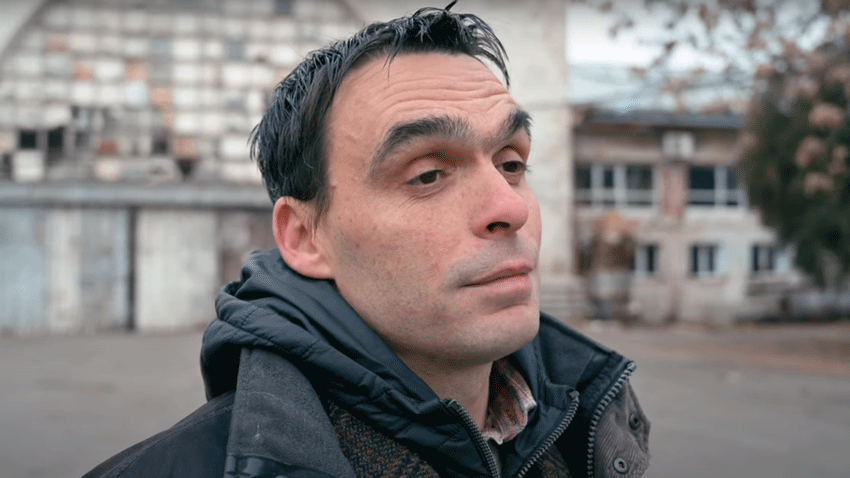
"Industrial heritage, like other types of heritage, is linked to the history of the city," he says. “However, it has been totally neglected in this country and we focus mostly on churches, monasteries and urban architecture from the late 19th century. Even the official status of monuments of culture cannot protect many industrial sites.”
This is the case with the former Sugar Factory in Sofia, which has been literally falling apart, left at the mercy of fate.
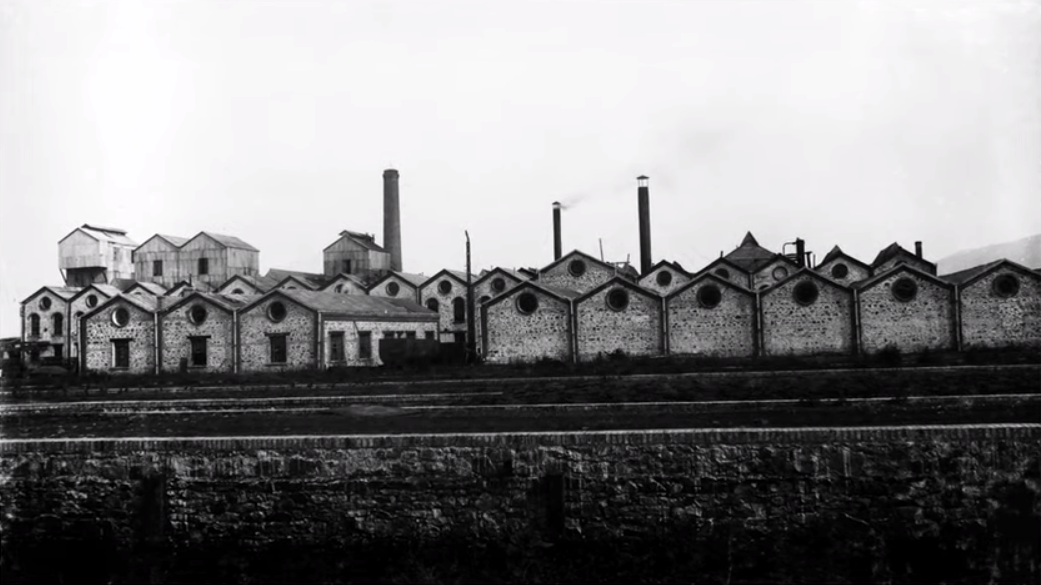
"The Sugar Factory has given the name to the whole residential area and this illustrates the fact that these sites changed lives in many directions,” Ivaylo Nachev says. “Thousands of people moved to live in the area because of the factory. One of the things we are trying to do is to illustrate with documents the importance of the factories for the urban environment and for the functioning of the city as a large organism. ”
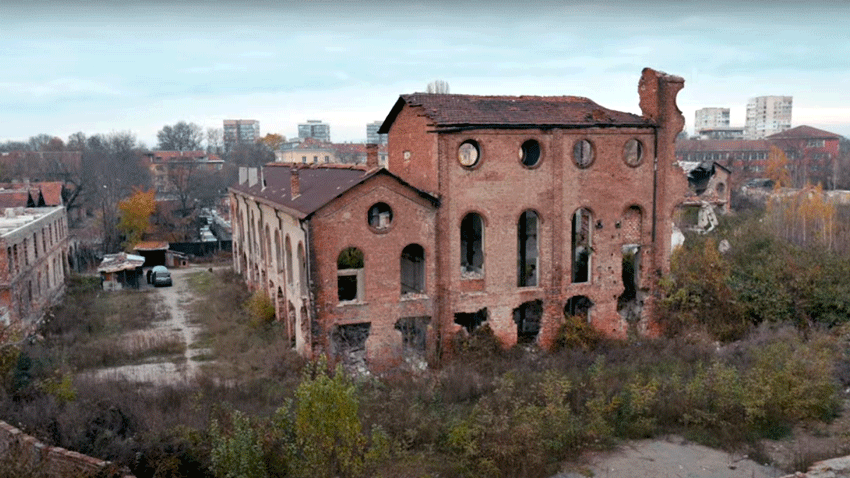
According to the historian, each building must be identified and examined on its own in order to be preserved and subsequently adapted according to its characteristics.
"We do not know much about the industrial heritage, even about the history of individual factories and sites,” Ivaylo Nachev says. “I will give an example with the Earth and Man National Museum in Sofia, which is said to be housed in an industrial building from the late 19th century. However, this is unlikely given the construction technology and the way the city was built. And indeed, when I started searching, it turned out that the building of today's museum was probably built in the 1920s. Through this example I want to show that there are gaps in the knowledge even when it comes to sites that are national monuments of culture.”
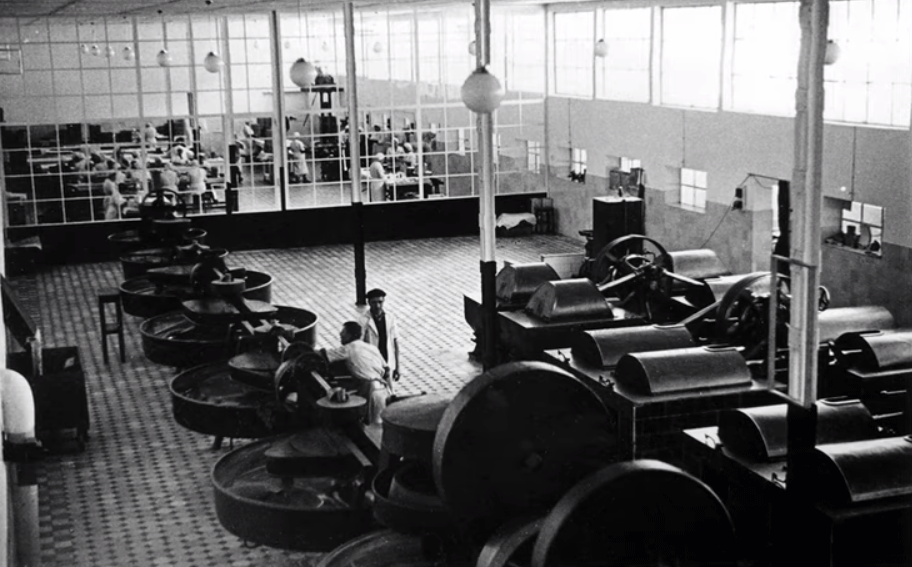
One of the means for preserving the history of industrial heritage is the creation of a mobile application, as the first one will focus on the capital city. When using the application one will be able to see how the buildings looked like in the time when they performed their original purpose.
"I hope that such activities will be related to educational purposes, so that we can look at some inspiring examples," the historian says. “Industrial designs often tell stories of innovative entrepreneurs who could inspire today’s entrepreneurs and show how a constant change in the ways of production was needed.”
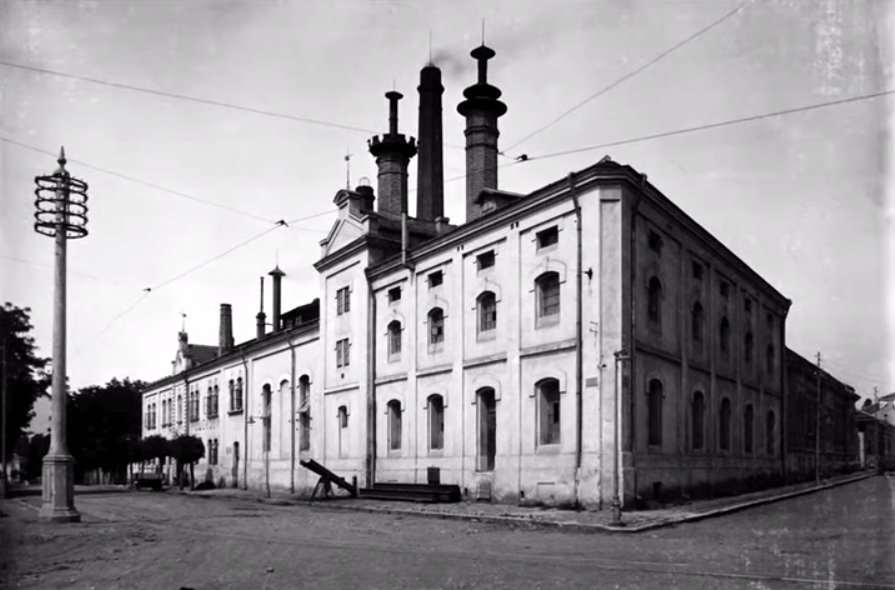
Compiled by: Diana Tsankova (Based on an interview by Tanya Dimova, BNR - "Hristo Botev")
English: Alexander Markov
In popular belief, St George is the younger twin brother of St Demetrius . Ethnographers describe them as Christianised images of mythical heroes - strong, agile and swift. They are victorious, leaping over mountains and seas, releasing the waters,..
"You must have strong faith and pray - then the saint will help you and carry your prayer to God," says Father Georgi Markov of the Church of St. Athanasius the Great in Gorni Lozen near Sofia. He adds that he has often witnessed the miracles of St..
This year, 2025, marks 1160 years since the baptism of our Bulgarian people into the Orthodox faith and 1170 years since the creation of the Bulgarian alphabet and Slavic literature. On this occasion, the Varna and Veliki Preslav Bishopric Metropolis..

+359 2 9336 661
